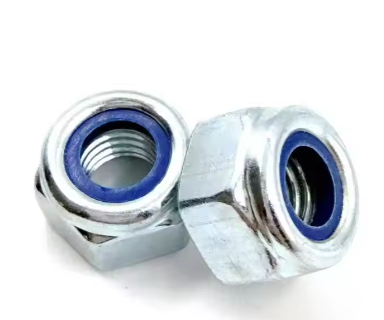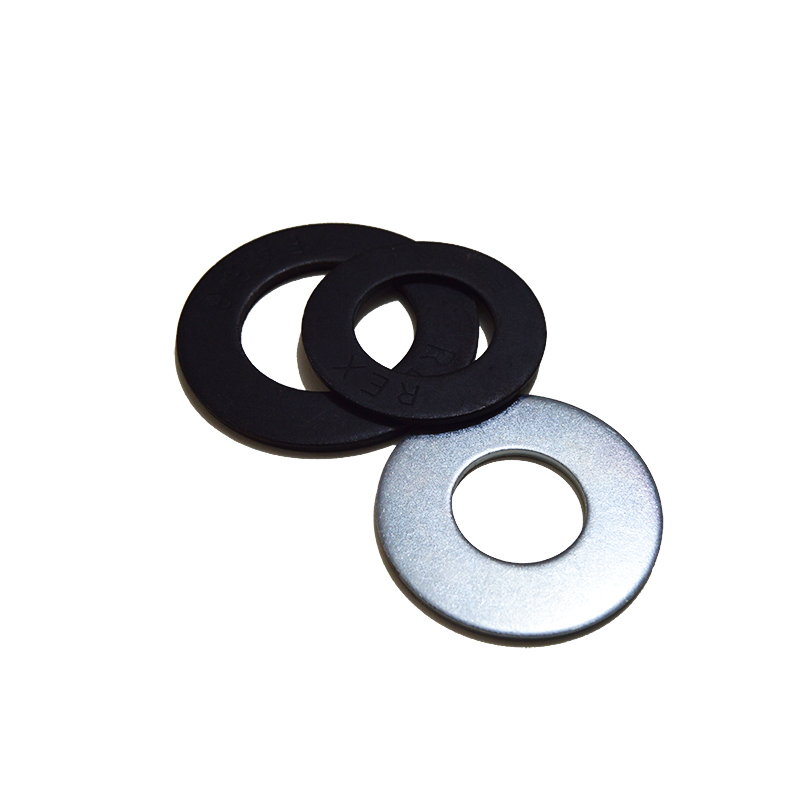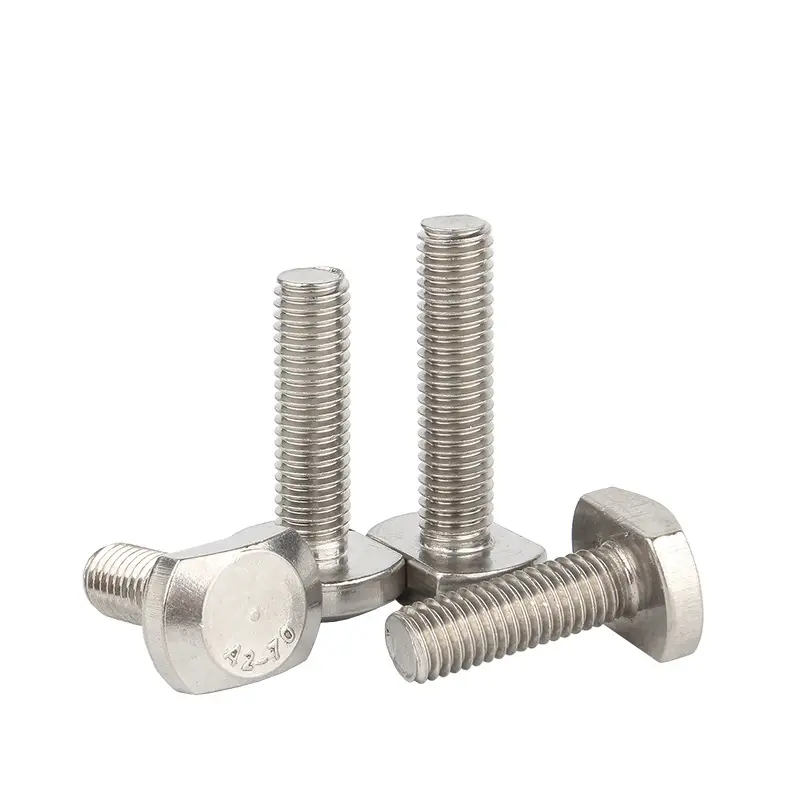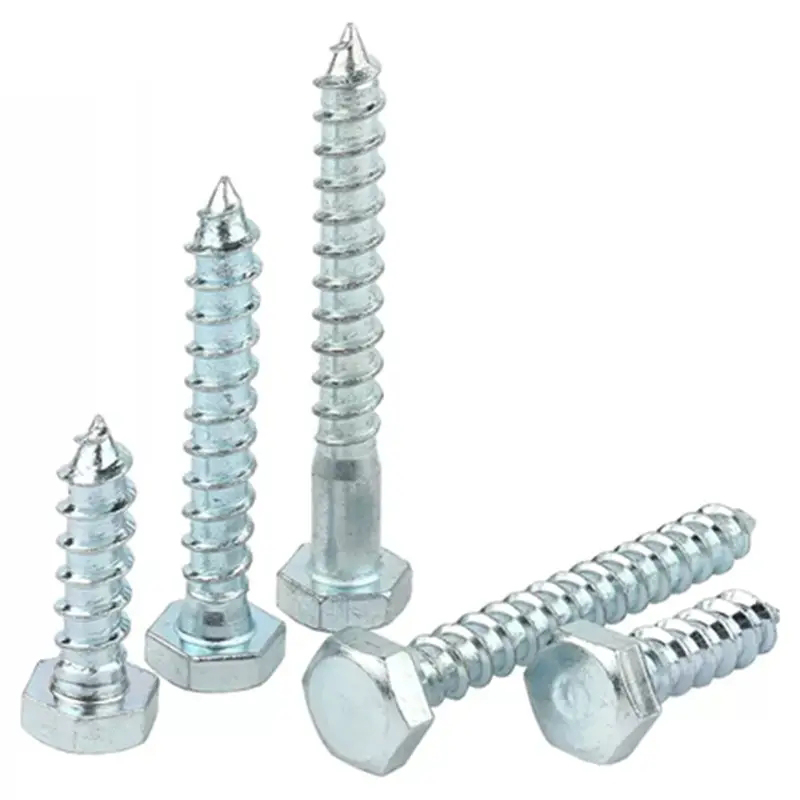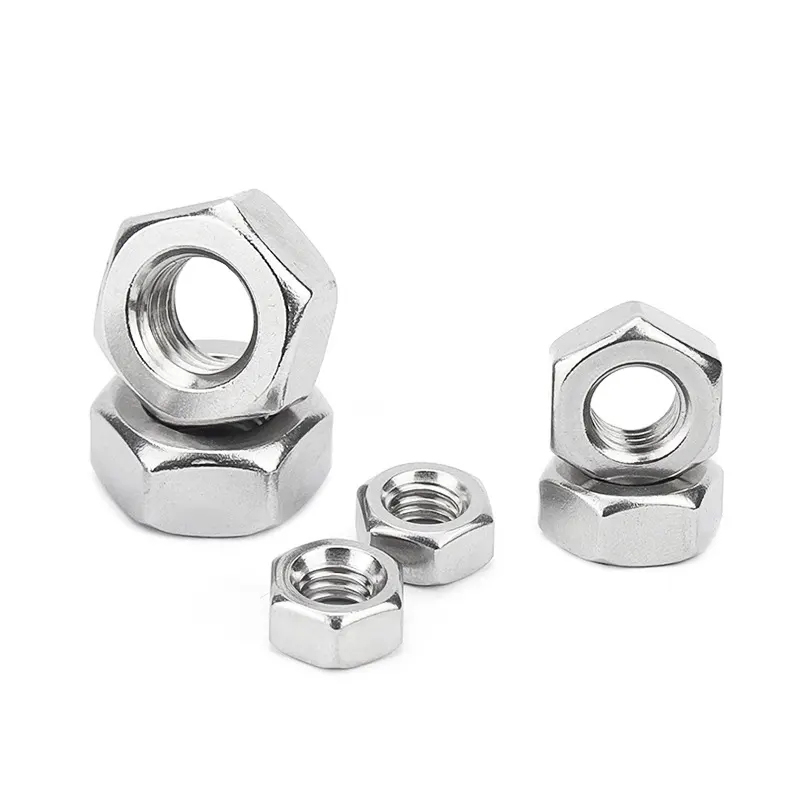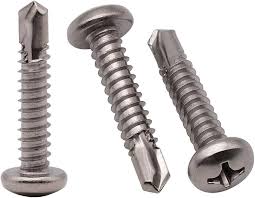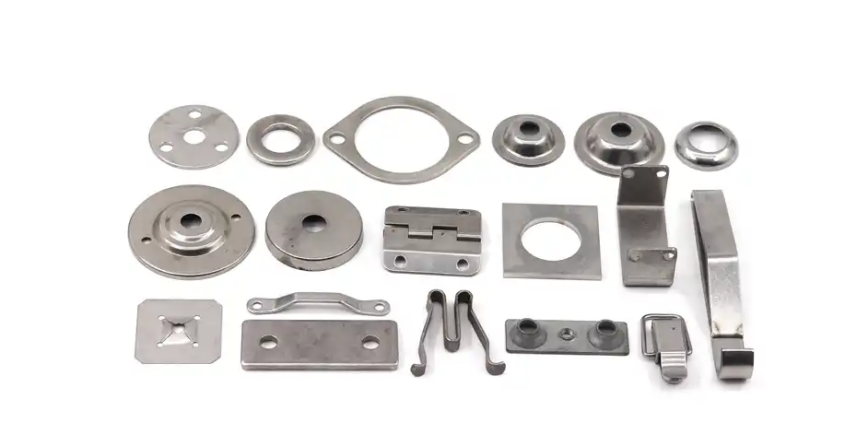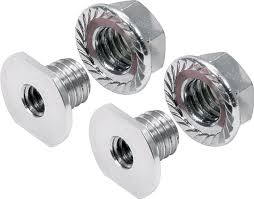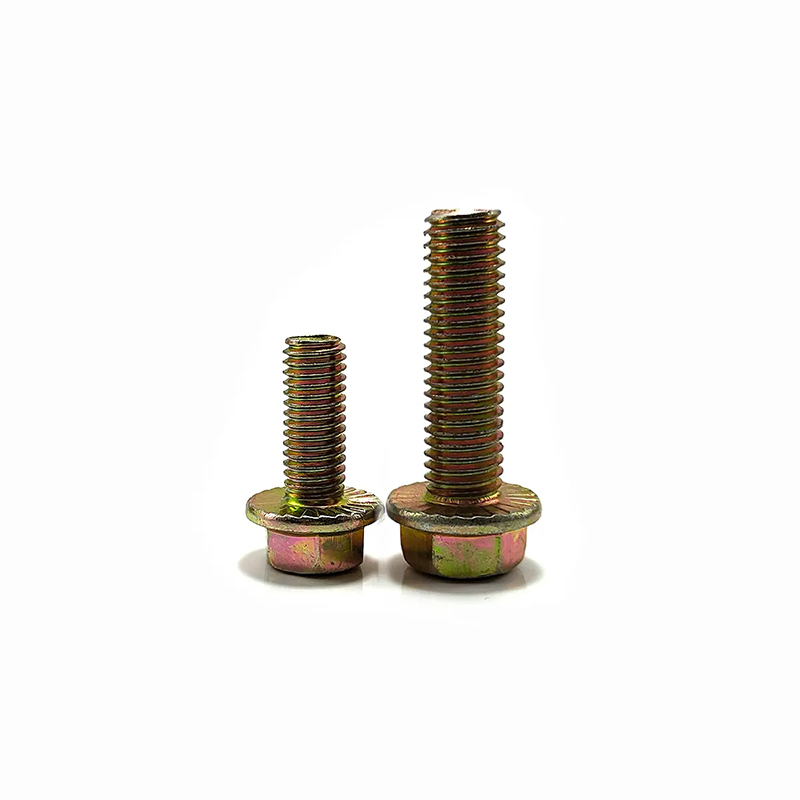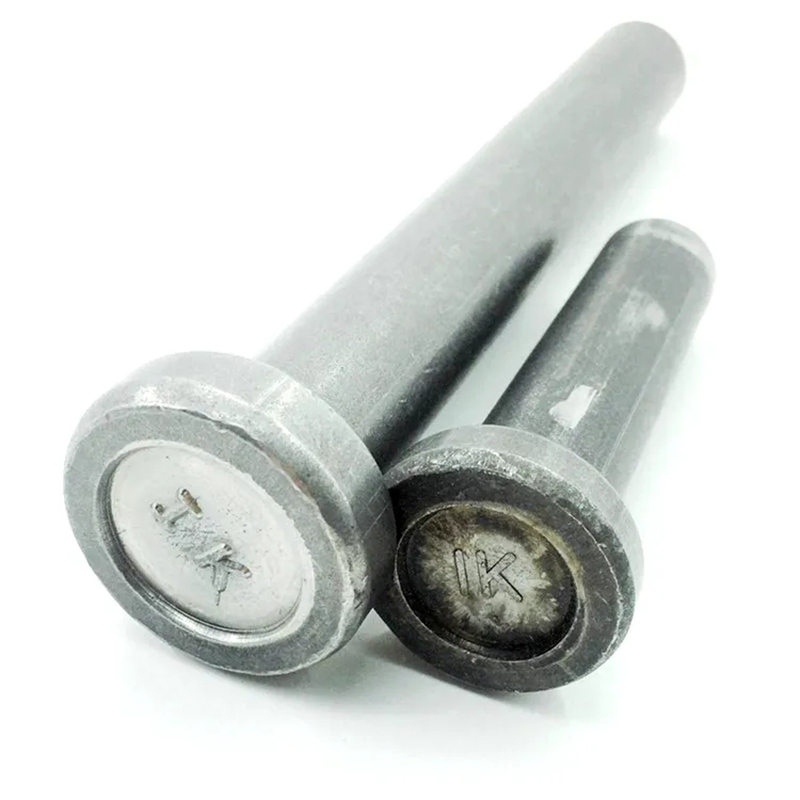

This comprehensive guide explores the world of flange nuts, covering their types, applications, materials, and selection criteria. Learn how to choose the perfect flange nut for your specific needs, ensuring secure and reliable fastening in your projects. We'll delve into the technical details, providing practical advice and real-world examples to help you make informed decisions. Discover the key factors influencing flange nut performance and longevity, and find resources to source high-quality components.
Hex flange nuts are the most common type, characterized by their hexagonal shape and integrated flange. The flange provides a larger bearing surface, distributing pressure and preventing damage to the workpiece. They are available in various sizes and materials, making them suitable for a wide range of applications. Consider the material (steel, stainless steel, brass, etc.) based on the environmental conditions and required strength.
Square flange nuts offer a similar function to hex flange nuts but with a square-shaped head. This design can be advantageous in situations where a square head is preferred for better grip or alignment. Like hex flange nuts, material selection is crucial for performance and corrosion resistance.
Weld nuts, a specialized type of flange nut, are designed to be welded directly onto a workpiece. They provide a strong and permanent fastening solution, often used in applications where repeated assembly and disassembly are not required. Choosing the right welding process and ensuring proper weld penetration are vital for a secure connection.
The choice of material for your flange nut directly impacts its strength, durability, and resistance to corrosion. Common materials include:
| Material | Properties | Applications |
|---|---|---|
| Steel | High strength, cost-effective | General purpose applications |
| Stainless Steel | Excellent corrosion resistance, high strength | Outdoor applications, corrosive environments |
| Brass | Good corrosion resistance, non-magnetic | Electrical applications, marine environments |
Choosing the appropriate flange nut involves considering several factors:
For high-quality flange nuts and other fasteners, consider exploring the options available at Hebei Dewell Metal Products Co., LTD. They offer a wide range of products to suit diverse project needs. Remember that proper torque application is critical for optimal performance and to avoid damage.
Understanding the nuances of flange nuts is crucial for any project requiring reliable fastening. By carefully considering the factors discussed above – type, material, and application – you can ensure the selection of the optimal flange nut for your specific requirements. Remember to always prioritize safety and adhere to best practices during installation.

